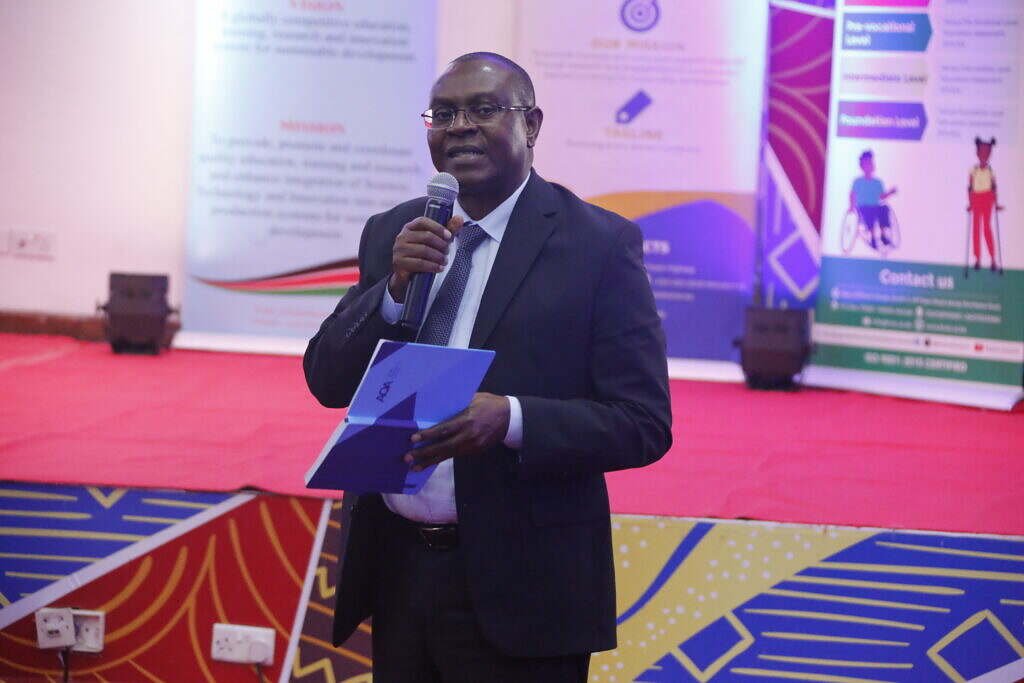
The Kenya National Examinations Council (KNEC) has officially released the registration schedule for candidates sitting for the 2025 national examinations. These include the Kenya Primary School Education Assessment (KPSEA), Kenya Junior Secondary Education Assessment (KJSEA), and the Kenya Certificate of Secondary Education (KCSE).
According to KNEC CEO Dr. David Njengere, the registration process for these exams will follow a structured timeline to ensure a smooth and efficient process. This announcement marks an important step in the academic calendar, enabling schools, teachers, and parents to prepare adequately ahead of the exams.
The registration timelines are as follows:
- KPSEA Registration: Opens on 27th January 2025 for Grade 6 candidates.
- KJSEA and KCSE Registration: The registration portals will be accessible from 17th February 2025 for Junior Secondary School and secondary school candidates.
These timelines are essential in helping schools organize and prepare learners for the examinations while ensuring compliance with KNEC’s requirements.
What Schools and Teachers Need to Know
As the registration process begins, schools and teachers must take proactive steps to ensure the smooth registration of all eligible candidates. Below are key considerations:
- Adherence to Deadlines:
Schools should start the registration process as soon as the portals open. Early registration minimizes risks of portal congestion and gives ample time to address any challenges that may arise. It also ensures that no learner misses out on this critical academic milestone. - Thorough Data Verification:
Teachers must prioritize accuracy when entering candidates’ details into the KNEC portal. This includes checking names, dates of birth, gender, and other essential details to prevent errors that could delay results processing or certification. - Clear Communication with Parents and Guardians:
Schools should actively involve parents in the registration process by providing clear instructions on timelines and requirements. Parents play a crucial role in providing the necessary documents, such as birth certificates, and ensuring that fees are paid on time. - Support for Learners with Special Needs:
Teachers should ensure that learners with special needs are registered appropriately, with any required accommodations specified. This may include provisions for braille, large print, or additional time during the examinations. - Capacity Building for Teachers:
KNEC often provides guidelines and training for teachers involved in registration. Schools should encourage participation in these sessions to equip teachers with the necessary skills to handle the process efficiently. - Verification of Registration Details:
Once the registration is complete, teachers and candidates must verify the submitted details. This final step ensures that any errors or discrepancies are corrected well before the exams.
By adhering to these best practices, schools and teachers will play a crucial role in ensuring the success of the 2025 registration exercise. Early and accurate registration is key to avoiding disruptions and ensuring that all candidates are well-prepared for their examinations.
Why Timely Registration Matters
Timely registration allows KNEC to efficiently plan for logistics, including the preparation of examination papers, allocation of centers, and deployment of supervisors and invigilators. It also ensures learners have peace of mind as they focus on their studies, knowing their registration is complete.
All stakeholders, including parents, teachers, and school heads, are encouraged to work collaboratively to make this process smooth and stress-free.





